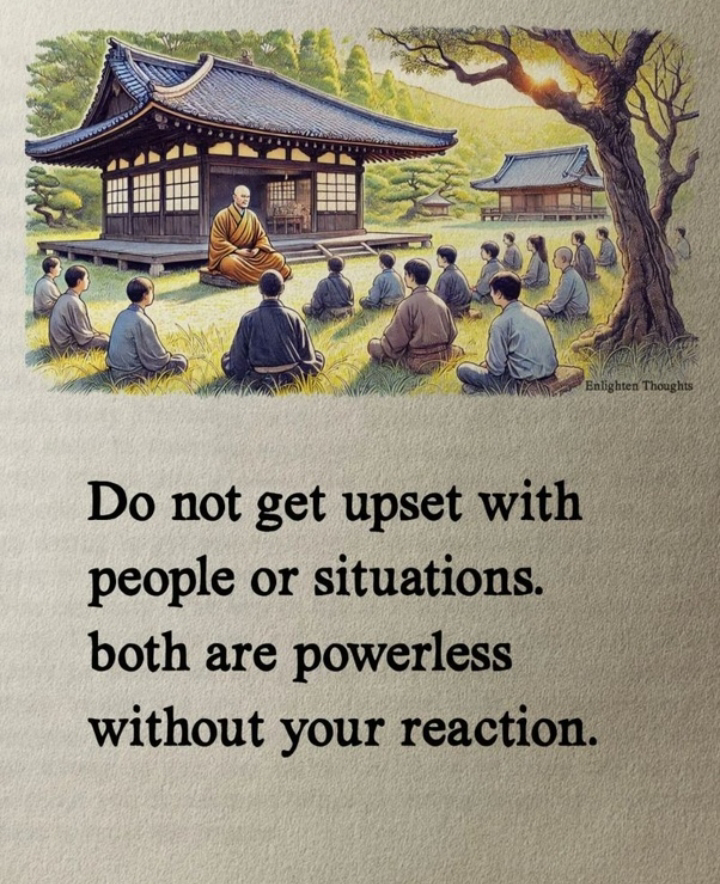Hi all, today I would like to share about the interesting topic, namely "How to handle work under pressure", the main reason why I choose that topic because not everyone can handle work under pressure, if you ask me from my perception, the cause why people can't stand under pressure while working because they aren't interested so much about the work's challenge, they are just interested with the salary, for your information,
the ability to withstand pressure at work often stems from a combination of personal traits, learned skills, and external support systems. Here are key factors that contribute:
1. Emotional Intelligence
The ability to understand and manage one's emotions and empathize with others. It helps in staying calm and composed under stress.
2. Resilience
Resilient individuals can bounce back from setbacks, view challenges as opportunities, and adapt to changing circumstances.
3. Time Management
Prioritizing tasks, setting realistic deadlines, and avoiding procrastination reduce the feeling of being overwhelmed.
4. Problem-Solving Skills
Breaking down problems into manageable parts and finding solutions helps in reducing the intensity of pressure.
5. Support Network
Colleagues, mentors, friends, and family can provide emotional and practical support during high-stress periods.
6. Self-Care
Regular exercise, a healthy diet, sufficient sleep, and relaxation techniques (e.g., mindfulness, meditation) enhance mental and physical resilience.
7. Positive Mindset
Focusing on what can be controlled and maintaining an optimistic outlook helps reduce stress.
8. Experience and Expertise
The more skilled and experienced someone is, the more confident they feel in handling complex situations, reducing pressure.
9. Clear Communication
Expressing needs, concerns, and expectations clearly prevents misunderstandings that can add unnecessary stress.
10. Organizational Culture
A supportive workplace that encourages collaboration, flexibility, and recognition contributes to lower stress levels.
11. Purpose and Passion
Being motivated by a sense of purpose or passion for the work can make handling pressure feel worthwhile.
12. Stress Management Techniques
Practices like deep breathing, taking breaks, or using stress-reduction tools (e.g., apps or guided exercises) can be highly effective.
Developing these skills and fostering a supportive environment can significantly enhance a person's ability to thrive under pressure.Handling work under pressure requires a combination of mindset shifts, practical strategies, and proactive self-care. Here are actionable steps to help you manage and excel under pressure:
1. Prioritize and Plan
✅Identify Key Tasks: Focus on the most critical and time-sensitive tasks.
✅Break Tasks Down: Divide large projects into smaller, manageable steps.
✅Use Time Management Tools: Utilize planners, calendars, or apps to organize tasks and deadlines.
2. Stay Calm and Focused
✅Pause and Breathe: Take a moment to gather your thoughts. Deep breathing can help reduce immediate stress.
✅Avoid Multitasking: Focus on one task at a time to maintain quality and efficiency.
3. Communicate Effectively
✅Clarify Expectations: Confirm priorities and deadlines with your manager or team.
✅Ask for Help: Delegate tasks or seek assistance when necessary.
✅Update Regularly: Keep stakeholders informed about your progress to manage their expectations.
4. Adopt a Problem-Solving Mindset
✅Stay Solution-Oriented: Focus on finding solutions instead of dwelling on problems.
✅Anticipate Challenges: Identify potential issues early and create contingency plans.
5. Practice Time Management
✅Set Realistic Deadlines: Avoid overcommitting and ensure deadlines are achievable.
✅Use Time Blocks: Dedicate specific time slots to high-priority tasks.
6. Build Emotional Resilience
✅Reframe Stress: View pressure as an opportunity to grow and develop skills.
✅Stay Positive: Focus on what you can control and celebrate small wins.
7. Take Care of Yourself
✅Take Breaks: Short breaks help recharge your mind and improve focus.
✅Exercise and Eat Well: Regular physical activity and a balanced diet boost energy levels and mental clarity.
✅Sleep Enough: Rest is essential for maintaining peak performance under pressure.
8. Leverage Support Systems
✅Seek Mentorship: Learn from others who have experience managing similar pressures.
✅Engage with Colleagues: Share workloads and brainstorm solutions collaboratively.
9. Use Stress-Relief Techniques
✅Practice Mindfulness or Meditation: These techniques can help calm your mind.
✅Physical Activity: A quick walk or stretch can help release tension.
10. Learn and Improve
✅Reflect on Past Experiences: Identify what worked well and what didn’t in similar situations. ✅Upskill: Enhance your skills to feel more confident handling complex tasks in the future.
11. Maintain Perspective
✅Don’t Aim for Perfection: Strive for excellence, but avoid the pressure of perfectionism. ✅Remember the Bigger Picture: Keep in mind how your tasks contribute to overall goals.
12. Know When to Escalate
✅If the pressure becomes unmanageable or affects your health, speak with your supervisor to discuss potential solutions.
By implementing these strategies, you can turn pressure into a motivating force rather than a source of stress.














